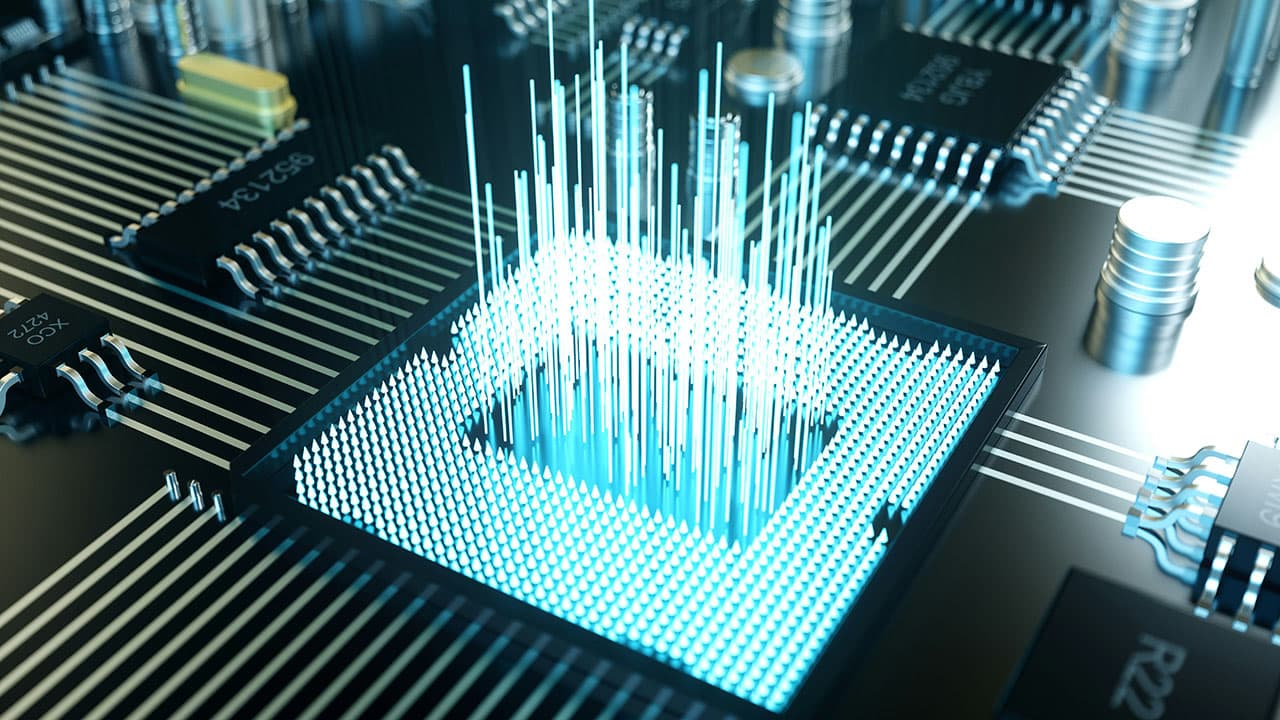Who Is Buying the Most Powerful AI Chips?
AI is on everyone’s mind these days, from tech enthusiasts to major corporations. But who exactly is snapping up the powerful chips that make AI magic happen? These chips, designed to handle complex AI computations, have become one of the hottest commodities in tech. Let’s explore who’s leading the charge and why they’re so keen on getting their hands on these high-performance processors.
What Are AI Chips and Why Are They So Valuable?
AI chips are high-powered pieces of silicon specifically built for processing AI tasks, including machine learning, neural networks, and deep learning. Unlike regular computer processors, AI chips are built to handle massive data workloads all at once, making them ideal for training AI models or making real-time decisions.
AI chips include GPUs (graphics processing units), TPUs (tensor processing units), and other specialized processors. Their purpose is to accelerate AI operations while using as little energy as possible, which makes them essential for companies developing AI technology. But who needs them most, and why?
Are Tech Giants Leading the Buying Spree?
Yes, absolutely. The world’s biggest tech companies are among the primary buyers of AI chips. They are investing heavily to expand their AI capabilities, and powerful AI chips are a huge part of that.
-
Google: Google has been one of the leaders in AI chip development, producing its own custom chips called TPUs (Tensor Processing Units). Google uses these chips to power their AI services, ranging from voice recognition in Google Assistant to photo searches in Google Photos.
-
Amazon: Amazon, through its cloud computing arm AWS (Amazon Web Services), has been a major buyer of AI chips. They provide cloud-based AI services, and their AI chips are used for everything from making product recommendations on Amazon.com to supporting Alexa’s voice features.
-
Microsoft: Microsoft is another big player buying AI chips for its Azure cloud services, which are used by enterprises worldwide for AI-driven applications like language translation and data analysis.
-
Meta (Facebook): Meta is investing significantly in AI chips for its social media platforms and upcoming Metaverse projects. They are developing AI to better understand user interactions and enhance virtual reality experiences.
-
Tesla: Tesla is also a major buyer of AI chips, primarily to power its self-driving technologies. Tesla’s in-house AI chip, known as the Dojo chip, helps the company achieve sophisticated autonomous driving features in its electric vehicles.
-
Apple: Apple is purchasing AI chips to boost the capabilities of its devices, such as Siri and other AI-driven features in iPhones and iPads. Apple's custom AI chips, such as the Neural Engine, power these advanced features and improve user experience.
These tech giants are snapping up AI chips not only to improve their existing services but also to offer cloud-based AI tools to other businesses, creating a ripple effect that allows smaller players to enter the AI space as well.
Is the Government Buying AI Chips Too?
Governments around the world are also joining the market for powerful AI chips. AI has applications in defense, cybersecurity, and other strategic areas, and having access to cutting-edge chips is crucial to staying competitive globally.
-
Defense Departments: The United States Department of Defense, for example, uses AI chips for various projects that involve analyzing surveillance data, controlling unmanned drones, and predicting threats. Similar purchases are happening in China, Russia, and other countries looking to advance their AI capabilities.
-
Research Institutes: Governments are also funding research institutions to use these AI chips for non-military purposes. These could include advancements in climate modeling, health research, and agriculture. By equipping their research facilities with these chips, governments are trying to ensure they stay on the cutting edge of technological developments.
What’s Driving This Massive Demand for AI Chips?
So why all this frenzy over AI chips? The answer lies in the power of AI to change industries and transform business operations. Here are some key factors driving this massive demand:
1. The Growth of AI Across Industries
AI technology is being applied in sectors as diverse as healthcare, automotive, finance, and retail. AI chips power imaging devices in healthcare, enable autonomous vehicles, detect fraud in finance, and create personalized shopping experiences in retail. The broad adoption of AI across these industries is a major factor pushing demand for these chips.
2. The Explosion of Data
We are creating more data than ever before—billions of gigabytes every day. AI chips are designed to handle enormous volumes of data and extract valuable insights. The growing emphasis on big data analytics has led to a surge in demand for chips that can handle large datasets quickly and effectively.
3. AI-Powered Consumer Devices
Consumer devices are becoming smarter, thanks to AI chips. From smartphones to home assistants, AI chips are used to provide seamless, intelligent experiences for end-users. Devices that understand natural language or recognize images are powered by AI chips, driving tech companies to invest heavily in these specialized processors.
4. Advancements in Autonomous Technologies
Self-driving cars, drones, and robotics are heavily dependent on AI chips to perform complex calculations in real time. These technologies need significant processing power to navigate environments, identify objects, and make decisions autonomously, which has further accelerated demand.
5. Competitive Advantage
AI offers a significant competitive edge to companies that can harness its power effectively. Businesses across all sectors are adopting AI to innovate, reduce costs, and improve customer satisfaction. The demand for AI chips is partly driven by companies wanting to stay ahead of their competitors by implementing advanced AI solutions.
Every time you use your smartphone, browse a website, or watch a recommended show, chances are AI chips are working behind the scenes to make it happen. With AI spreading to more sectors—from agriculture to automotive to healthcare—the demand for AI chips keeps climbing. AI chips are not just driving innovation; they are enabling entire industries to rethink what’s possible and push boundaries.












